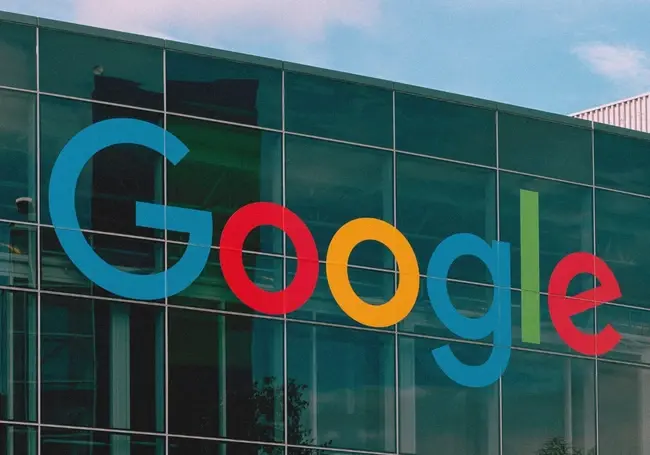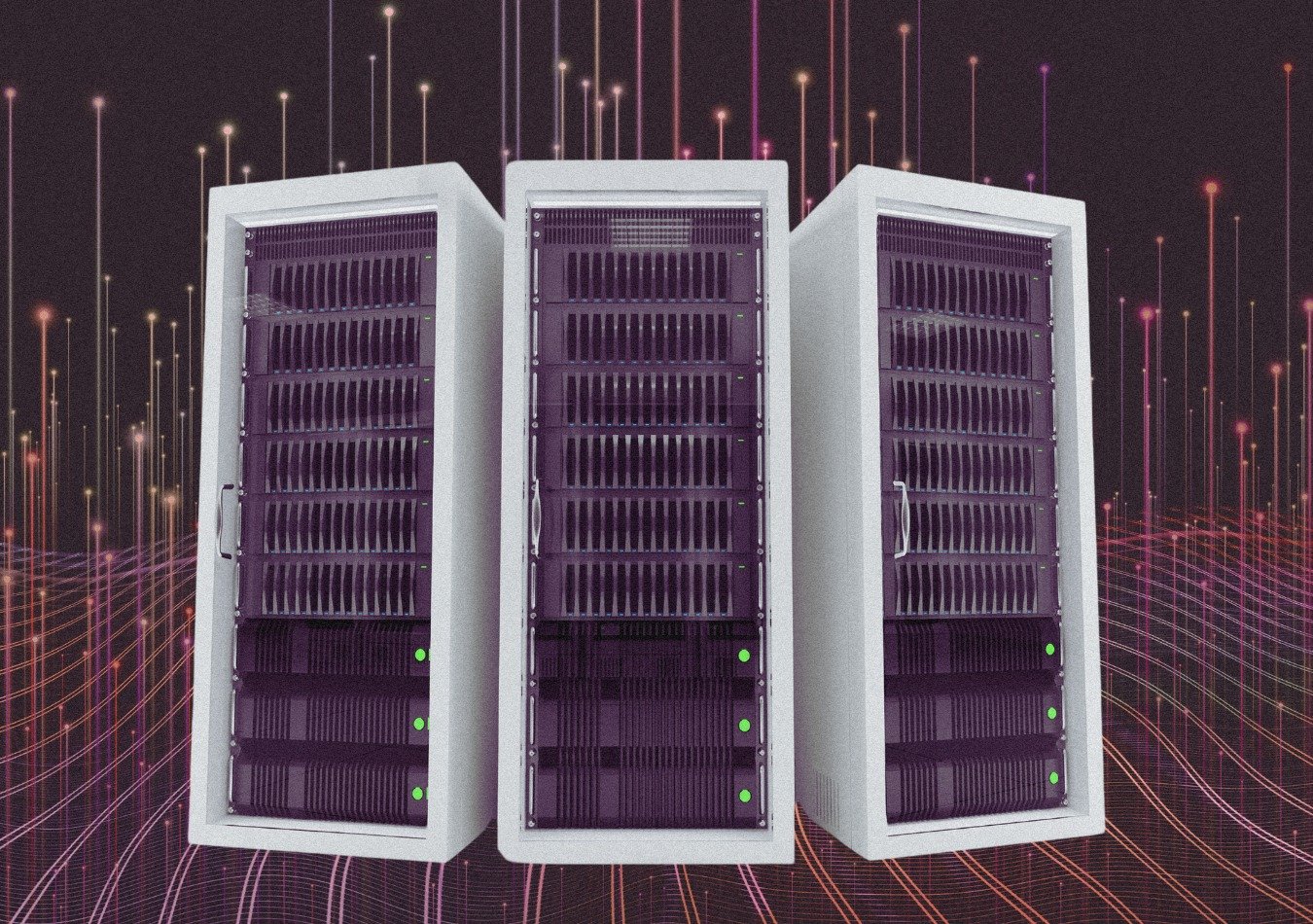In an ambition to boost clean energy transition in the US, tech giant — Google plans to power AI technologies by harnessing the power from new nuclear reactors.
Google claims to be undertaking the world’s first corporate agreement to purchase nuclear energy from multiple small modular reactors (SMR) which will be developed by Kairos Power.
The companies are collaborating to construct seven small reactors to provide electricity for Google’s data centers.
The project proclaims to generate up to 500 MW of round-the-clock carbon-free energy to U.S. electricity grids.
While the location of the plants is still unknown, the tech giant says in an official statement they estimate to reach 200 GW of advanced nuclear capacity in the U.S. by 2050.

Clean energy for AI technologies
Google's advanced nuclear reactor aims to provide safe around-the-clock power that can help meet electricity demands around the world and for Google’s data centers.

Michael Terrell, the senior director for energy and climate at Google stated that the initial phase of work is intended to bring Kairos Power’s first SMR online quickly and safely by 2030. This would be followed by additional reactor deployments through 2035.
He emphasised the need for new electricity sources to support AI technologies that are powering significant scientific advances, improving services for businesses and customers, and driving national competitiveness and economic growth.
“This agreement helps accelerate a new technology to meet energy needs cleanly and reliably, and unlock the full potential of AI for everyone,” Terrell said.
While nuclear energy is one way to boost clean 24/7 energy, the U.S. Energy Information Administration (EIA) has certain reservations about the plant.
The organisation says that a major environmental concern related to nuclear power is the creation of radioactive wastes such as uranium mill tailings, spent (used) reactor fuel, and other radioactive wastes.
Such materials are toxic and often remain radioactive, putting human health at risk for thousands of years.
The plans are pending approval from the US Nuclear Regulatory Commission and other relevant local agencies.
Nuclear reactor to power data centers
Google promises to offer a clean 24/7 nuclear energy source to power its data centers reliably.
Terrell says that the round-the-clock power source can help the tech giant reliably meet electricity demands with carbon-free energy every hour of every day.
“Advancing these power sources in close partnership with supportive local communities will rapidly drive the decarbonisation of electricity grids around the world,” he added.
Jeff Olson, Kairos executive told BBC that the deal with Google "is important to accelerate the commercialisation of advanced nuclear energy by demonstrating the technical and market viability of a solution critical to decarbonising power grids.”
Last month, however, EM360Tech reported that Google’s greenhouse gas emissions (GHGs) were revealed to have soared to a whopping 48% in just 5 years as a consequence of building data centers for AI.
The company stated in its annual environmental report that emissions rose by 13% in 2023 in just a year reaching 14.3m metric tons.
Despite the setback, Google says they’re committed to reaching the ambitious 24/7 carbon-free energy and net-zero goals and complementing their use of variable renewables, like solar and wind.
“Our net-zero goal is supported by an ambitious clean energy goal to operate our offices and data centers on 24/7 carbon-free energy, such as solar and wind,” the multinational corporation stated.
Google is striving to meet its net zero goals across all operations and value chains by 2030.







Comments ( 0 )